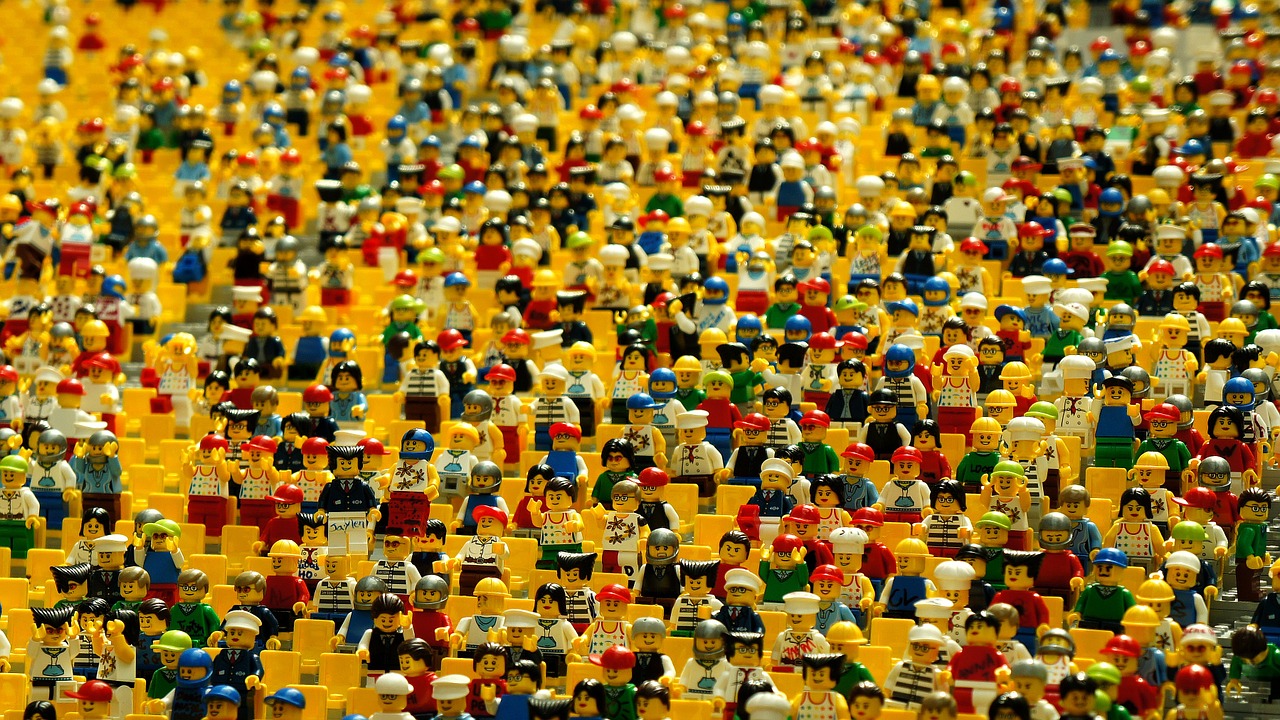Mathematics can predict societal changes

With the help of mathematical models it is possible to deduce how people’s views change over time, a thing which is important to understand and to be able to predict societal changes.
Kimmo Eriksson is Professor of Mathematics and a PhD in Social Psychology. His ongoing research is focused on how people’s views change over time, a thing which is important to be able to understand and to predict societal changes.
– It’s important to understand how public opinion works since it has great significance for the political decisions made and the social norms prevailing in society. It can be a question of what views we have about corporal punishment of children or whether we consider that marriage between people of the same sex should be allowed, says Kimmo Eriksson.
We are moving towards a more liberal world
- What research shows is that we are moving towards an even more liberal world. The liberal currents are continuing and they’re growing stronger. The same gradual change towards more liberal views is taking place both with groups in society who are more liberal in their views and with the groups who tend to be more conservative in their views, says Kimmo Eriksson.
Isolated occurrences can give temporarily dramatic effects at the societal level – such as the starting shot for the Arab spring in Tunisia in October 2010 or Greta Thunberg’s school strikes for the climate that started in August 2018. This, however, is nothing that the mathematical models can predict. Conversely, the models can predict the long-term process leading to a change of views at the population level over time, long-term trends, as they’re called.
Dynamic systems show changes over time
Kimmo Eriksson’s research on changes of view is being done in cooperation with Pontus Strimling, Research Leader at the Institute for Futures Studies. Their research would not have been possible to carry out without the help of mathematics.
– Firstly, sociopsychological knowledge is needed regarding what causes individuals to change their views or behaviour. After this, mathematical models are needed for how individuals in a population interact, so that predictions can be made from this knowledge about what change will take place on the population level, says Kimmo Eriksson.
Such models are called ”dynamic systems” and they can be analysed by using mathematical methods or by simulation with the help of a computer. The mathematical models thereby give predictions that are finally tested against the actual changes of view over time. This takes place by means of a statistical analysis of opinion data.
The political system and the political discourse is influential
The data analysis on which the research is based has up to now been retrieved mostly from American data. But now the research has been broadened because the researchers want to see whether
these changes of views occur in the same way as in different countries.
– And in the countries we have looked at so far we have found the same trends in changes of views over time, despite the fact that the countries have different political systems and different media landscapes, says Kimmo Eriksson.
The next step in the research is to refine the mathematical model to take account of individual differences, for example in how much people engage in political discussions.
– When we include this in the model we get the prediction that those who engage a lot in political discussions and participate in the political discourse will change views more quickly and thereby ”jump the queue” in the change of views, concludes Kimmo Eriksson.
This is what the theory about changing views looks like in brief:
- Certain arguments are more generally accepted than others.
- Certain views are supported by generally accepted arguments; other views are supported by less accepted arguments.
- Over time the views supported by generally accepted arguments will gradually become more common in society.
- The difference in valuation of arguments is especially clear among groups with liberal views (in the American sense).
- Therefore liberals are a step ahead in changes of views.
Do you like Mathematics? We have several Mathematics programmes at MDH.
First cycle
Second cycle
Contact Information
